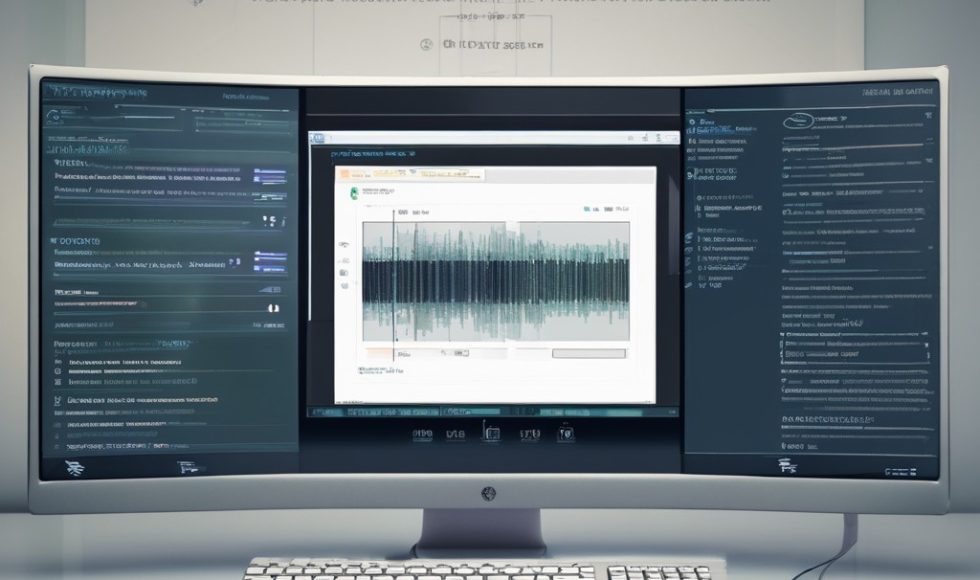We often use Oxford nanopore reads for de novo assembly of genomes and plasmids. Sean Mckenzie, Associate Director of Genomic Applications Bioinformatics with Oxford Nanopore Technologies, provided an update on assembly performance. They described de novo assembly as “the process of reconstructing an organism’s genome sequence from a set of genomic sequencing reads.” There are […]
Janessa Laskin from the BC Cancer Centre and The University of British Columbia in Canada spoke at London Calling 2024 on the “Application and use of long-read sequencing in personalized cancer medicine.” Laskin explained that medical oncologists are motivated to find effective treatments for cancer and identify vulnerabilities. The Personalized OncoGenomics (POG) started in 2012 […]
Basecaller updates are more frequent now, with new models and speed improvements. Tonight, I watched the London Calling 2024 session on basecaller advancements. Sam Davis, Principal Scientist, Machine Learning with Oxford Nanopore Technologies (ONT), spoke about the recently released models and chemistries. The V5 models offer 1.5Q accuracy improvement when compared to previous versions. Davis […]
We have been using EPI2ME a lot lately and want to learn more about the new features. Tonight, I watched Sirisha Hesketh, Clinical Bioinformatician from Oxford Nanopore Technologies, present “EPI2ME everywhere” at London Calling 2024. They began with an overview of the workflows available: seventeen ranging from base calling and alignment to single-cell genomics. An […]
I want to learn how to fully utilize Dorado base calling features. Tonight, I watched Susie Lee, Technical Product Manager for Basecalling and Models at Oxford Nanopore Technologies, present the latest updates to Dorado at London Calling 2024. They explained Dorado as a software tool that “powers Nanopore basecalling and more” by taking raw signal […]
Tonight, I watched the London Calling 2024 session on “Optimizing QC testing of mRNA vaccines and therapeutics.” Telmo Graca from Lonza, Switzerland, was the speaker for this session. They had learning objectives for the ten-minute talk. The three learning objectives focused on providing an overview of the requirements for mRNA therapeutics, the collaboration process between […]
Danny E. Miller from the University of Washington spoke at London Calling on the clinical applications of long-read sequencing. The title of this session was “Long-read sequencing as the future of clinical genetic testing.” Miller started with three points. The first was that long-read sequencing will change clinical testing within five years. The second reason […]
I watched the London Calling 2024 session about DNA and RNA modification calling tonight. Adrien Leger, Director of Modified Base Research at Oxford Nanopore Technologies, was the presenter. They explained how the research team trains a modified basecaller using synthetic oligos. There is primary and secondary validation with known oligos. Accuracy and several other metrics […]
Seanne P. Buckwalter from the Mayo Clinic spoke about “Rapid analysis of drug resistant M. tuberculosis complex” at London Calling 2024. The Mayo Clinic has numerous locations, and the three main ones, Buckwalter noted, are in the US. Buckwalter supports the mycobacteriology/mycology laboratory with fifty-six employees, nine BSL3 rooms, and over 48,000 mycobacterial cultures performed […]
Devin Oglesbee from the Mayo Clinic spoke about “Nanopore sequencing medically relevant ‘dark’ genomic regions” at London Calling 2024. The Mayo Clinic has several locations and is interested in learning about dark/camouflaged genomic regions that are “not being met in the clinical laboratory.” Oglesbee spoke about the difference between “dark by depth” and “dark by […]










